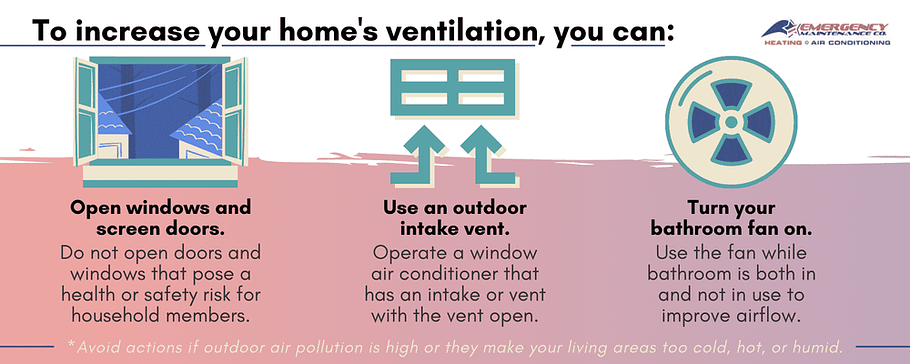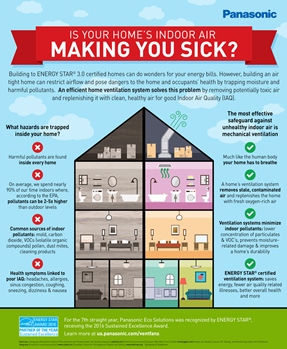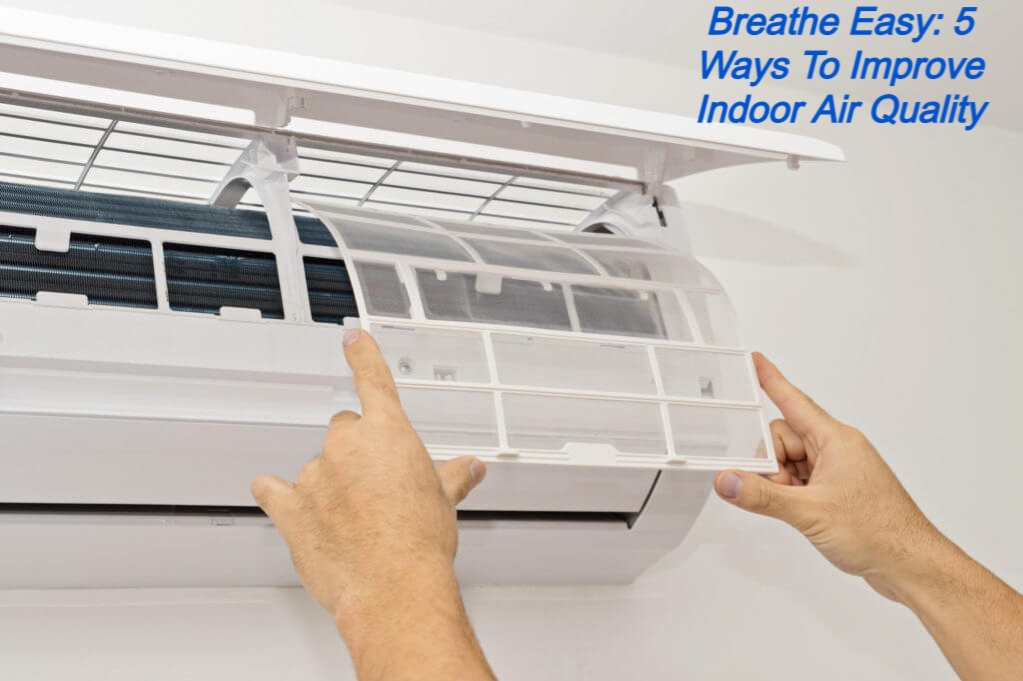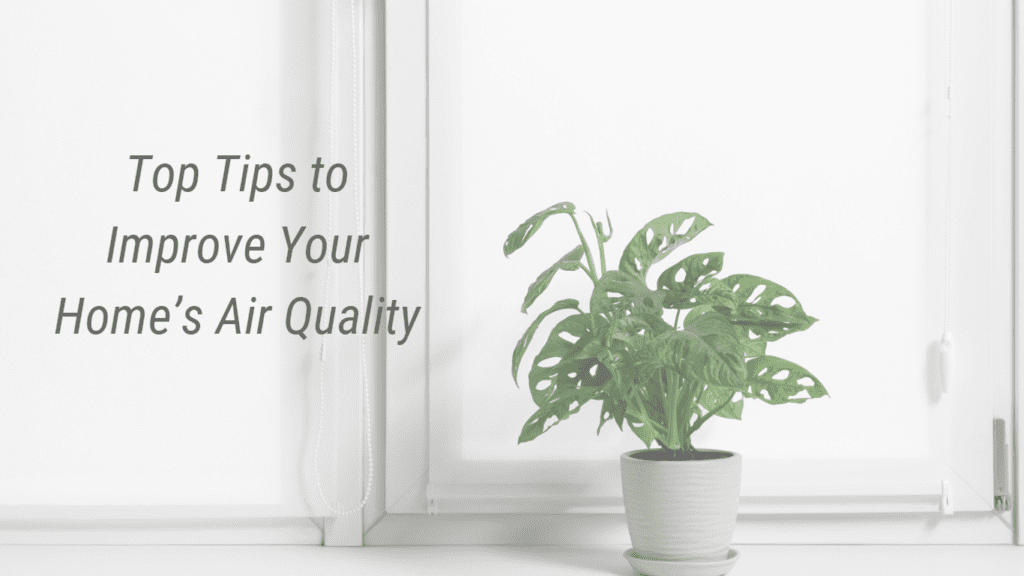As you step into the realm of air quality, this article on “Breathe Easy: HVAC Tips For Pure Indoor Air” proves to be a beneficial guide. Ensuring your indoor air is clean and pure doesn’t have to be complex; it’s about how well you manage and maintain your HVAC systems. The local experts at Diamond Air Design, located at 200 Terry Dr, Pensacola, FL 32503, can be your helping hand in enhancing your indoor air quality. Their tips and solutions discussed in this article can greatly benefit you, allowing you to breathe easier and live healthier.

This image is property of mlqcomcsdvtj.i.optimole.com.
Understanding Indoor Air Quality
Defining indoor air quality
Indoor air quality relates to the condition of air within a space, including commercial buildings and your home, and is directly linked to your health, comfort, and overall wellbeing. It’s about ensuring that the air you breathe is clean and pure, devoid of harmful pollutants and toxic substances that can endanger your health.
Importance of good indoor air quality
Good indoor air quality is crucial for a variety of reasons. For starters, you spend a considerable amount of time indoors where certain pollutants are often higher than outside, according to the Environmental Protection Agency (EPA). Good indoor air quality reduces allergies, keeps respiratory conditions at bay, and enhances overall health. Lower levels of pollutants and allergens can also boost your concentration and productivity levels.
Factors affecting indoor air quality
Several factors can affect the quality of indoor air ranging from poor ventilation, high or low humidity levels, to the presence of chemical pollutants from a multitude of sources such as building materials, cleaning products, electronics, and more. Human activities like smoking can also severely degrade the quality of indoor air.
The Role of HVAC Systems in Indoor Air Quality
Basic functions of HVAC
HVAC (Heating, Ventilation, and Air Conditioning) systems help maintain a suitable indoor temperature for easy living and work environments. Yet, their roles extend beyond temperature management. They circulate fresh air within the building, controlling humidity and filtering out potential pollutants to maintain good indoor air quality.
How HVAC systems affect indoor air
HVAC systems can significantly influence the quality of your home’s indoor air. When working properly, they pull in fresh air from the outside, filter out pollutants, and circulate the clean air throughout the home. However, a faulty or poorly maintained HVAC system might distribute pollutants rather than eliminating them, leading to poor indoor air quality.
Consequences of poor HVAC maintenance on air quality
Neglecting regular maintenance of your HVAC system can have detrimental effects on the system’s performance and, by extension, your indoor air quality. These may include dust and allergen build-up, excess humidity leading to mold growth, and circulation of stale air instead of replaced with fresh outdoor air.
Selecting the Right HVAC System for Good Indoor Air Quality
Key features to look for in HVAC systems
When selecting an HVAC system, your priority should be on a system with excellent filtration capabilities, energy-efficient operation, and programmable T-stat for balanced temperature and humidity levels. Additional features may include built-in air purifiers and ventilators.
Recommendations for specific needs
Your specific requirements will often dictate the type of HVAC system features needed. For example, if you live in an area with high humidity, opt for an HVAC with good dehumidification ability. Similarly, for those in areas with high pollutants levels, an HVAC with advanced air-purifying functions would make sense.
Introduction to Diamond Air Design
Having served numerous clients in Pensacola, FL, Diamond Air Design is dedicated to helping you achieve excellent indoor air qualities by providing high-quality HVAC systems tailored to your needs. They also provide regular maintenance services to keep your HVAC working optimally.
HVAC Maintenance for Better Air Quality
Importance of regular HVAC maintenance
Regular maintenance of your HVAC system is key to its efficiency and longevity. It ensures clean filters, leak detection, and system optimization, all of which contribute to better indoor air quality. It also minimizes the chance of an unexpected breakdown.
Steps in preventive HVAC maintenance
Preventive HVAC maintenance usually involves regular inspection of the system’s parts, cleaning or replacement of air filters, tightening loose components, and checking the thermostat’s accuracy. It’s also essential to ensure the system’s vapor coil is clean and in good condition to prevent mold and bacteria growth.
When to call a professional like Diamond Air Design
While there are tasks you can handle, such as changing filters, professional help like Diamond Air Design becomes essential when dealing with intricate HVAC components or when your system starts showing signs of malfunction like unusual noises, rising energy bills, uneven heating or cooling, etc.

This image is property of ohsonline.com.
Changing and Cleaning HVAC Filters
Purpose of HVAC filters
HVAC filters play the vital role of trapping and holding various airborne particles such as dust, pollen, and mold spores, thus preventing them from circulating within your home. They safeguard the HVAC system, increase its lifespan, and, most importantly, contribute to better indoor air quality.
Choosing the right HVAC filters
Different HVAC filters suit different needs. While some filters are better at capturing large particles, others are designed for smaller particles. You also have options between disposable and reusable, each having their benefits. When making a choice, consider the filter’s rating, your specific needs, and advice from HVAC professionals.
Tips for cleaning and changing HVAC filters
A clogged filter won’t effectively trap pollutants, impacting your indoor air quality. Depending on use and air quality, filters should generally be replaced every 1-3 months. To clean or change a filter, turn off the system, remove the filter, and either clean it or replace it with a new one, ensuring it fits securely.
Understanding and Controlling Humidity with HVAC System
Definition of humidity
Humidity refers to the amount of water vapor present in the air. Relative humidity is the percentage of water vapor the air holds at a particular temperature compared to the maximum amount it could hold at that temperature.
Effects of humidity on indoor air quality
Too much or too little humidity can impact your indoor air quality. High humidity creates a breeding ground for mold, mildew, dust mites, and can increase some indoor pollutants while low humidity can cause dry skin, respiratory problems, and aggravate allergy and asthma symptoms.
How HVAC systems control humidity
HVAC systems control humidity by either adding moisture to the air during cold, dry seasons or removing excess moisture during hot, humid periods. This balances relative humidity levels, creating a comfortable indoor environment and maintaining positive indoor air quality.

This image is property of i0.wp.com.
Using HVAC in Combating Indoor Pollutants
Common indoor pollutants
Indoor pollutants can range from physical particles like dust, pet dander, pollen to gaseous pollutants like carbon monoxide, radon, and volatile organic compounds released from various household products and outdoor pollutants that infiltrate your homes like pollen and car emissions.
How HVAC systems can reduce indoor pollutants
HVAC systems equipped with air filters can trap many of these pollutants, preventing their circulation. Systems with advanced features like air purifiers and UV lamps can neutralize a broader array of harmful contaminants. Humidity control also curbs the growth of mold and other microbial pollutants.
Additional ways to combat indoor pollutants
Besides HVAC systems, simple practices at home can combat indoor pollutants. Regular cleaning, not smoking indoors, limiting the use of certain chemical products, and ventilating your home naturally when possible can be very helpful.
Energy Efficiency and Indoor Air Quality
How energy efficiency affects air quality
energy-efficient HVAC systems are not just good for your wallet, but they are also beneficial for your indoor air quality. They usually entail superior insulation and sealing that minimize air leaks, which prevents outdoor pollutants from entering the home. They also often have advanced features aimed at maintaining high indoor air quality.
Optimizing HVAC systems for energy efficiency
To make your HVAC system more energy-efficient, consider regular maintenance, installing a programmable thermostat, ensuring proper insulation, sealing ductwork, and Replacing old units with energy star-rated ones.
Tips to save energy while maintaining good air quality
Saving energy doesn’t have to compromise your indoor air quality. You can invest in energy-efficient appliances, maintain an optimal thermostat setting, seal all doors and windows properly, utilize natural lighting, and plant more trees around your house for natural cooling.

This image is property of www.andersengrouprealty.com.
Investing in Extra HVAC Features for Cleaner Indoor Air
Introduction to HVAC accessories
Beyond the core functions, HVAC systems can have added features for enhanced air quality, including air purifiers, UV lamps, dehumidifiers, ventilators, and humidifiers.
Effectiveness of air purifiers and UV lamps
Air purifiers and UV lamps are particularly effective in improving indoor air quality. Air purifiers trap and hold various pollutants, making them ideal for those with allergies. UV lamps, on the other hand, can kill viruses, bacteria, and other microorganisms, substantially enhancing your home’s air quality.
The role of dehumidifiers and ventilators
Dehumidifiers remove excess moisture from your home while ventilators exchange stale indoor air with fresh outdoor air, effectively controlling humidity levels and pollutant concentrations, respectively. Proper use of these can significantly maintain good indoor air quality.
Identifying Warning Signs of Poor Indoor Air Quality
Physical symptoms related to poor air quality
Poor indoor air quality may result in various physical symptoms such as consistent coughs, sneezing, watery eyes, frequent headaches, dizziness, fatigue, and even more severe symptoms like difficulty breathing and asthma attacks.
Visible signs in your living space
certain visual cues can also warn of poor air quality, including excessive dust, mold growth, and unusual HVAC system behavior such as excessive noise or condensation.
When to get a professional air quality test from Diamond Air Design
If you suspect poor indoor air quality and can’t identify the cause, getting a professional air quality test from experts can help. Diamond Air Design offers comprehensive air quality testing services to identify issues and suggest customized solutions for your home’s needs.
The post Breathe Easy: HVAC Tips For Pure Indoor Air appeared first on Diamond Air Design.




